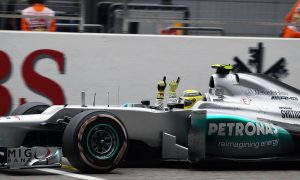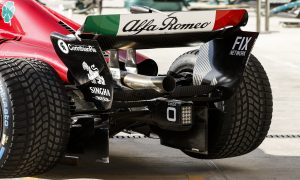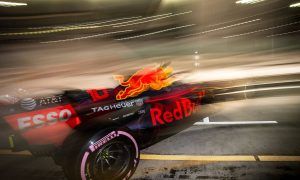
© XPB Images - Toto Wolff (Mercedes) and Christian Horner (Red Bull)
THE OIL OF DISCONTENT
So far, no evidence of any wrongdoing has been produced against Ferrari or any other team, though where’s smoke, there’s usually fire, even more so when the controversy is not recent.
As early as 2015, Red Bull has been questioning Mercedes’ qualifying form, believing that it comes from a power boost generated by an oil burn stratagem. Following a request for clarification from team principal Christian Horner, the FIA had carried out specific tests at that year’s Canadian Grand Prix, which had revealed no transgression. This has not proved enough to clear Red Bull’s suspicions however, so much that the Milton Keynes-based outfit brought the topic back to the table over the winter.
Red Bull has been suspecting its rivals of oil burn tricks for several years
After Red Bull sought further clarification ahead of the current campaign, the FIA addressed a clear reminder to all teams that burning engine oil as fuel is forbidden. One month later, the F1 Commission pushed forward “measures […] to ensure that oil will not be used as fuel” based around a three-point plan to be implemented in 2018, pending approval from the World Motor Sport Council.
Autosport has reported that teams will have to supply oil level measurements in the main tank at any time to the FIA, while the quantity of oil in other tanks will have to be declared to the governing body one hour before the start of the race. Secondly, active control valves between any element of the power plant and the air intake will be outlawed. Finally, the F1 Commission said that “only one specification of oil may be used for any given power unit during an event”.






